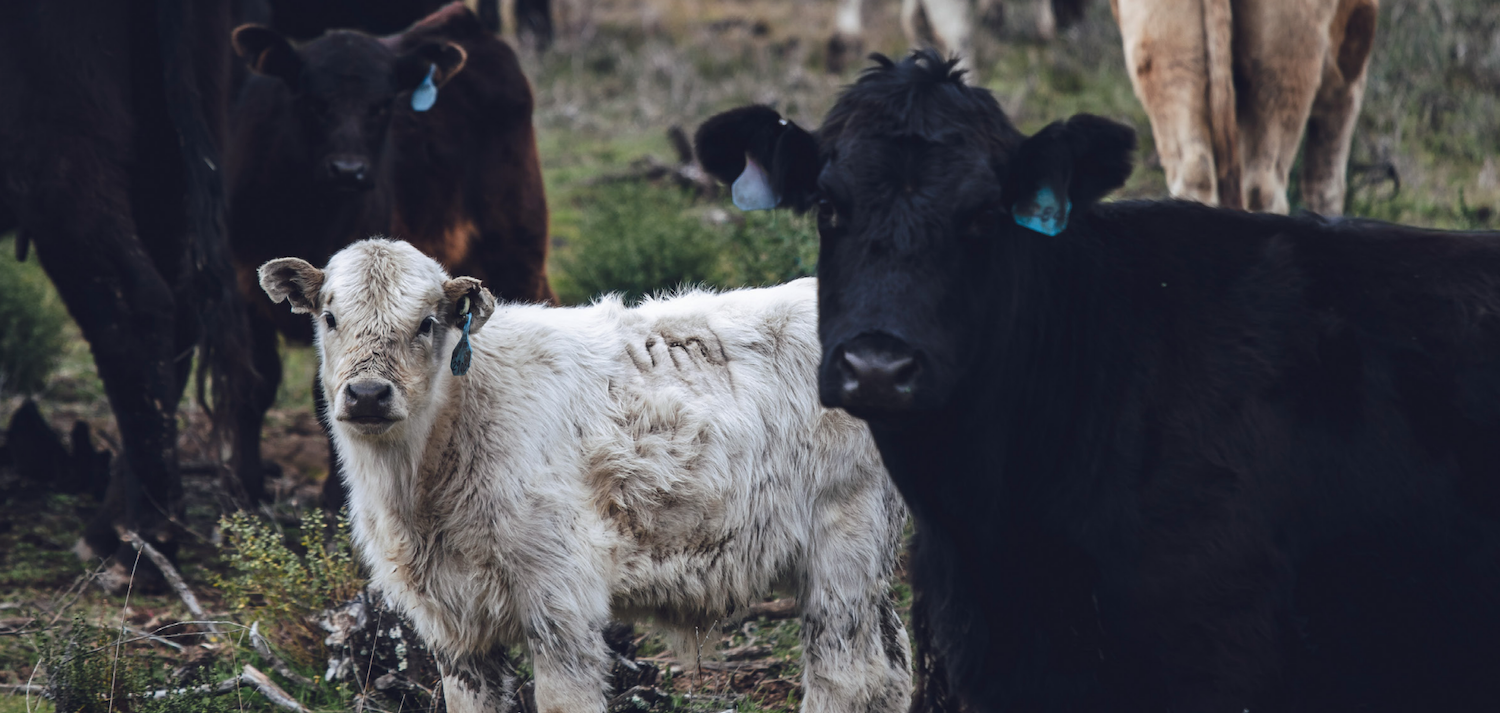Latest Resources

6 September 2024
La biotechnologie de la « boîte noire » – Intégration de l’intelligence artificielle à la b...
S’attaquer aux risques, au battage médiatique et aux inégalités qui sous-tendent la biologie générative Click here for the English version. Haga clic aquí para la versión en español. Le Centre africain pour la biodiversité (ACB), en collaboration avec le Réseau Tiers-monde (TWN) et l’ETC Group, a produit une note d’information opportune avant la 16e réunion […]

6 September 2024
La caja negra de la biotecnología – Integración de la inteligencia artificial con la biolog...
Afrontar los riesgos, exageraciones y desigualdades de la biología generativa Click here for the English version. Cliquez ici pour la version française. El Centro Africano para la Biodiversidad (ACB), junto con la Third World Network (TWN) y el ETC Group, han elaborado un oportuno documento informativo de cara a la 16ª reunión de la Conferencia […]

3 September 2024
‘Black Box’ Biotechnology – Integration of artificial intelligence with synthetic biology
Addressing the risks, hype, and inequities underpinning generative biology Haga clic aquí para la versión en español. Cliquez ici pour la version française. The African Centre for Biodiversity (ACB), together with Third World Network (TWN) and ETC Group, have produced a timely briefing paper ahead of the 16th meeting of the Conference of the Parties […]

22 August 2024
UPF en Afrique : fiches 6-10
Cliquez ici pour lire les fiches d’information 1-5. (Click here to read in English.) Fiche d’information 10: Synthèse sur les UPF en Afrique La fiche d’information 10 est la dernière de notre série qui examine les différentes facettes des aliments ultra-transformés (UPF) et met en lumière les graves implications de leur consommation croissante pour l’environnement, […]

16 August 2024
UPF in Africa: fact sheets 6-10
Click here for factsheets 1-5. (Pour lire les fiches en français, cliquez ici.) Fact sheet 10: UPF in Africa synthesis briefing Factsheet 10 is the final in our series that considers the different dimensions of ultra-processed foods (UPFs) and highlights the serious environmental, social, economic and health implications of the expansion of UPF consumption in […]

2 August 2024
The decline of FISPs in Malawi – debt, corruption and hunger
What future for smallholder farmers and realising agroecology?

18 July 2024
Is Zambia’s food system collapsing?
Zambia’s collapsed food system: never-ending debt, climate shocks, biodiversity loss and FISPs – the indispensability of transitioning to agroecology In this briefing, we look at how Zambia is facing a gathering food crisis of serious proportions. Amidst repeated droughts and floods, energy rationing, and shortages of drinkable water, food prices are rising and millions are at risk […]

9 July 2024
Agricultural policy reform in South Africa
Addressing animal welfare within a just, agroecological food systems transition This discussion document, written by Linzi Lewis on behalf of Humane World for Animals, South Africa (SA), highlights the need for greater attention to be given to industrial animal agriculture. As one of the major drivers of current socio-ecological crises, it demands further consideration within […]

13 May 2024
GMOs: two decades of laying out the facts
Even though first-generation genetically modified (GM) agricultural crops have faced significant setbacks and outright failures over the last two decades, a new push for second-generation GM crops has emerged. Despite the destructive role of industrial agricultural expansion in biodiversity loss and human health, we are seeing a resurgence in its momentum, with false solutions such […]

10 May 2024
Expansion of gene drive mosquito projects in Africa
International and national biosafety regulations are urgently needed, including the right to say no By Sabrina Masinjila, African Centre for Biodiversity (ACB) research and advocacy officer Masinjila can be seen making a statement on behalf of the Convention of Biological Diversity Alliance (CBDA), calling for Parties to support the ongoing work of the Multidisciplinary Ad […]
